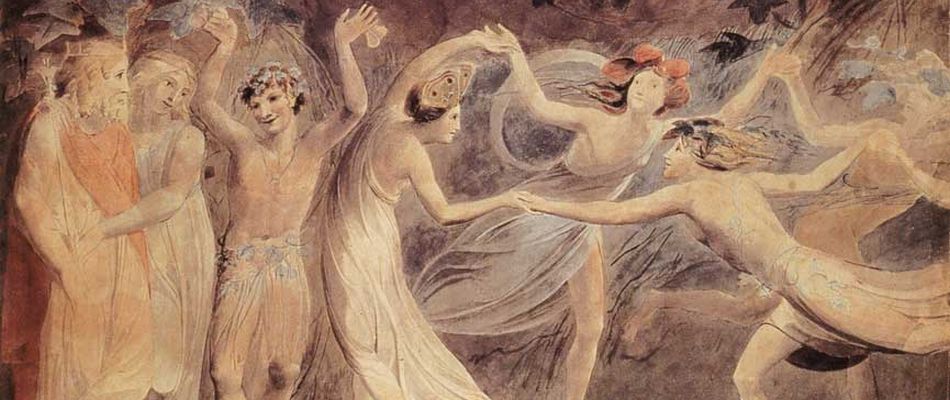Sarah Williams: The old Astonomer
Sarah Williams (1837 - 1868): The old Astronomer (1867)
Sarah Williams er ikke meget kendt. Det fik hun heller ikke tid til at blive. Men hun er kendt for dette gode vers:
Though my soul may set in darkness, it will rise in perfect light;
I have loved the stars too fondly to be fearful of the night.
Hendes moraliserende digt beskriver en samtale med den aldrende Tycho Brahe. Digterjeget fortæller ham om nogle af de seneste astronomiske opdagelser, og den gamle astronom opfordrer videnskabsmænd til ikke at lade sig kue, hvis samtiden håner dem for at have skabt en original og sand teori.
Belønningen for kærligheden til stjernerne og sandheden venter i det hinsides. Så er det ligesom sat på plads.
Reach me down my Tycho Brahé - I would know him when we meet,
When I share my later science, sitting humbly at his feet;
He may know the law of all things, yet be ignorant of how
We are working to completion, working on from then till now.
Pray, remember, that I leave you all my theory complete,
Lacking only certain data, for your adding, as is meet;
And remember, men will scorn it, 'tis original and true,
And the obloquy of newness may fall bitterly on you.
But, my pupil, as my pupil you have learnt the worth of scorn;
You have laughed with me at pity, we have joyed to be forlorn;
What, for us, are all distractions of men's fellowship and smiles?
What, for us, the goddess Pleasure, with her meretricious wiles?
You may tell that German college that their honour comes too late.
But they must not waste repentance on the grizzly savant's fate;
Though my soul may set in darkness, it will rise in perfect light;
I have loved the stars too fondly to be fearful of the night.
Noter
Obloquy; Offentlig fordømmelse. Meretricious wiles: Smagløse tricks. Repentance: Anger. Grizzly savant's fate: Den gråhårede vismands skæbne.

